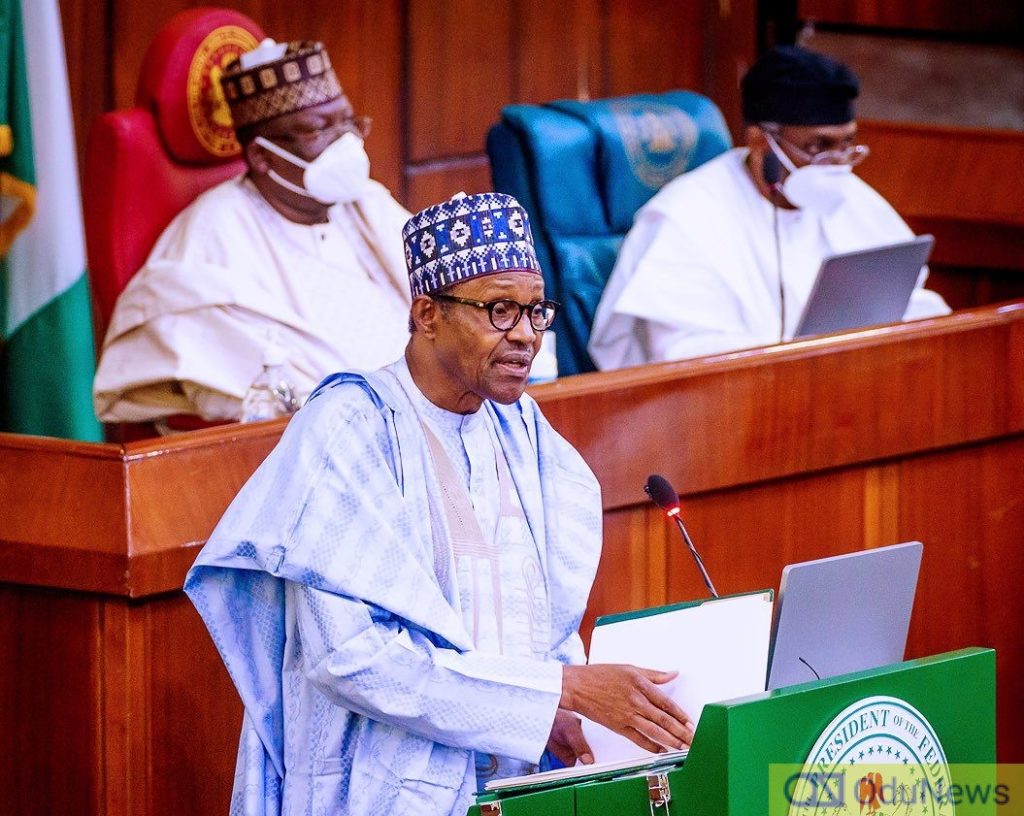
The signing of the National Mental Health Bill 2021 into law by President Muhammadu Buhari is a significant step forward in Nigeria’s efforts to promote psychosocial health.
As far as we know, the new Mental Health Bill is the first piece of legislation reform to be passed in this area since independence.
Last Thursday, a regulation was signed into law that would provide protections for people with mental health conditions, including a prohibition on discrimination in housing, employment, medical care, and other social services.
It also ensures that patients have a voice in their treatment plans and are protected from invasive practices like seclusion and restraint that are all too common in mental health facilities.
“Past legislation was outdated and inhumane,” said Prof. Gboyega Abikoye, President of the National Association of Clinical Psychologists, whose organization submitted memoranda during legislative drafting.
As the author puts it, “the previous regulatory regime was based on the Regional Lunacy Act of 1958, a colonial holdover that needed to be replaced.”
Additional safeguards for interested parties include a new Mental Health Fund, a Mental Health Department within the Federal Ministry of Health, and a Mental Health Assessment Committee.
It also enhances the care and management of people with mental health conditions and increases community-based coverage for them.
More than two decades have passed since the Bill’s inception, but in 2003 and 2013, lawmakers tried and failed to pass comprehensive legislation for the industry as a whole.
The latest Bill was presented in 2019, and hearings are scheduled to begin in 2020. According to a memo written by Ojo Olatunde Amos, Clerk of the National Assembly (CNA), on November 28, 2022, the National Assembly passed the Mental Health Bill and sent it on to the President.
According to Chime Asonye, founder of the Nigerian Mental Health network of leaders and organizations, “this legislation was a product of decades of advocacy from diverse organizations.”
The network coordinated an open letter to government officials signed by more than 30 of the country’s leading mental health organizations and professional associations, which was used to advocate for the bill’s passage.
Those involved in mental health were able to speak with one accord in favour of the Bill. Candidates for public office and the Executive Branch must make mental health a top priority if we are to see real change.
Decriminalizing attempted suicide, which is currently a felony subject to a year in prison, is just one of the many reforms the network has urged the government to enact to help people with mental health conditions.
They cite research showing that people with mental health problems are less likely to seek help if they are criminalized, which poses a problem for the bill’s implementation.
The group also requested that the National Assembly make copies of the gazette version of the Bill available to the public so that people could be informed of their new rights.
The sector’s organizations and professionals are looking to the Bill to usher in long-overdue reforms.
And they added, “While there is still a long way to go in developing the mental health sector in Nigeria, this law is a step in the right direction.”


Comments are closed.